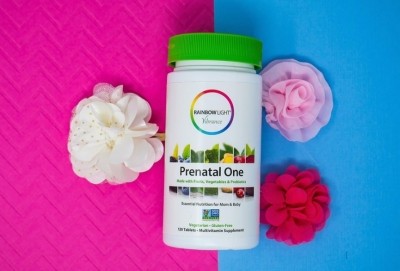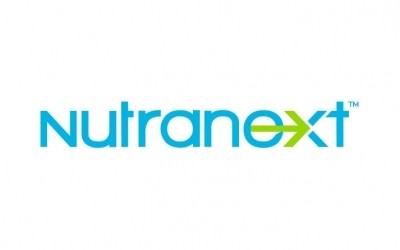Clorox Company on VMS business sale: 'Pure rumor and speculation'

The news agency cited the sources – who asked to remain anonymous due to the confidentially of the divestment efforts – as saying that Clorox has been working with investment bank Goldman Sachs for several months to find a buyer for the VMS business but has so far failed to attract a suitable offer.
“This report is pure rumor and speculation, so we won’t be commenting,” Linda Mills, chief communications officer at The Clorox Company, told NutraIngredients-USA.
Building the Better Health portfolio
The Clorox Company – most known for its namesake bleach and cleaning products – entered the VMS business in 2016 with the acquisition of female digestive health brand RenewLife for approximately $290 million.
"The Renew Life acquisition is consistent with our strategy to accelerate growth through bolt-on acquisitions of leading brands into fast-growing categories with attractive margins,” Benno Dorer, chairman of The Clorox Company said at the time. “Two-thirds of the adult population in the U.S. have experienced digestive issues in the past 12 months, and that population is likely to increase due to dietary habits.”
In line with this strategy, Clorox expanded its VMS offering in 2018, spending $700 million to acquire supplement manufacturer Nutranext and its brands Rainbow Light for daily essentials, Natural Vitality for mental wellbeing and NeoCell for beauty from within.
“We strongly believe the Nutranext acquisition brings significant breadth to our dietary supplements offerings,” Clorox CFO Kevin Jacobsen said during the company’s Q3 2018 earnings call. “Ongoing, we anticipate Nutranext to represent more than 3% of company sales.”
By 2019, it looked like the investment was paying off, with the Nutranext portfolio delivering robust growth in the fourth quarter, offsetting flat performance in the lifestyle segment and a double-digit drop in sales for the RenewLife brand.
The four brands in the Clorox portfolio are now grouped under the Better Health Vitamins, Minerals and Supplements umbrella.
Investing in innovation and digital marketing
In May 2022, The Clorox Company inaugurated a $7.5 million R&D health and beauty hub in Durham, NC to “double down on innovation” and “unlock synergies” between its Better Health brands and Burt’s Bees personal care products, the latter acquired in 2007.
This January, Renu Mevasse, director of marketing innovation at Better Health VMS, ushered in the new year with a company blog about Clorox’s rapid response to evolving consumer trends and improved product development, highlighting the new better-for-you strawberry flavor (without the sugar coating) for its CALM anti-stress gummies.
“This latest product innovation, and others such as our Natural Vitality CALM Mind powders (available in three flavors) and Magnesium Glycinate capsules and NeoCell Marine Collagen with Beauty Blend, Super Collagen with Aloe and Vegan Beauty Builder Collagen Alternative powders start and end with the consumer in mind,” she wrote in the post titled “Helping consumers achieve their wellness goals—in 2023 & beyond”.
And just last month, the company introduced BetterYourHealth.com to consolidate the four brands into one direct-to-consumer website for one-cart shopping for the whole family.
Despite the positioning, Reuters writes that losses (the Q3 2020 earnings statement showed that dietary supplement sales had fallen by 2%) forced the company “to take a $267 million write-down, equivalent to 57% of its most recent annual net earnings, as its vitamins and supplements lost market share to better known brands”.
In its summary of Q2 2023 results, The Clorox Company shared: “Vitamins, Minerals and Supplements sales decreased, primarily due to the business's ongoing shift away from noncore brands as well as distribution loss with a few retailers.”









